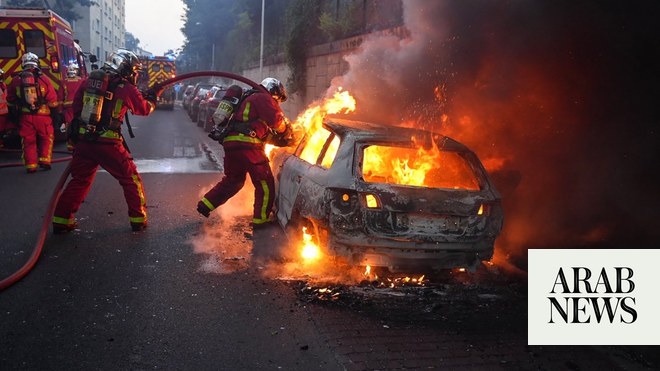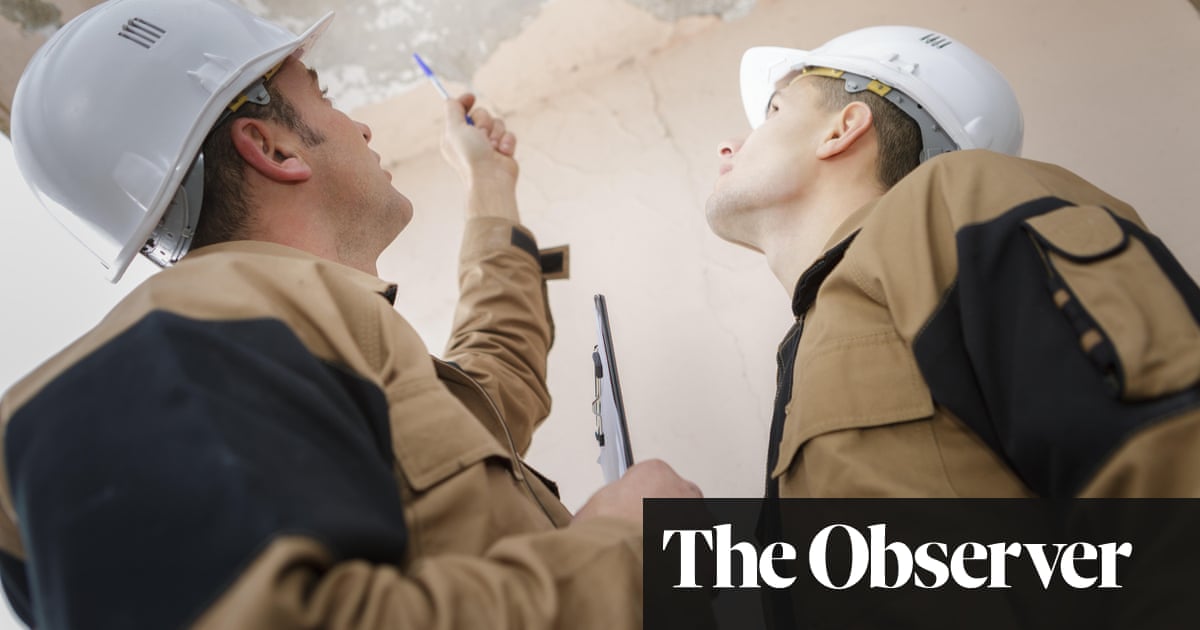
I am a nurse; my job is to help people. But I’m helpless.
I work on a children’s ward in the south-east of England. I have been raising serious and significant concerns since the middle of last year, and I recently witnessed one of the most distressing situations in my 25-year career. I don’t say this lightly. There will be hours of security camera footage that will make for harrowing viewing: yes, everything is documented.
It is standard procedure for security to deploy bodycam recording in situations when they are involved in restraint of a young person, and when they are assisting with a young person who is attempting to self-harm and abscond from the ward, all in an effort to keep that young person safe.
This footage is then reviewed by the head of security and any other relevant professionals within the trust, along with safety incident reporting for each event. This is done for all untoward incidents, and especially when there is a compromise of patient safety, so there is a clear record of events.
Although this is about one patient, it’s not really. These failures will be mirrored across hospitals in every city and across every region. But at the heart of this is a teenager who, through no fault of their own, is experiencing a terrible mental health crisis. This young person is awaiting inpatient treatment in a unit that can meet their complex and specialist needs, but a chronic lack of beds means there is no end in sight for them, or their family.
This case is not an anomaly. One in five children in need of mental health care in England had to wait more than 12 weeks to be seen in the previous year, a freedom of information request made by the BBC recently showed. Many are being admitted to general wards because there is no specialist inpatient facility available.
Over the course of a weekend, my colleagues and I, along with security staff, were involved in caring for this young person. Throughout this time, the patient required varying degrees of restraint to maintain their safety, something we as paediatric nurses are not trained to do, but what choice did we have? It started with head-banging against a wall. Then the patient repeated a distressing monologue of anguish and self-hate, as well as expressing suicidal wishes.
Imagine being this person – in so much mental anguish that those words are coming out of your mouth. Imagine being one of only three nurses supporting this patient. These words echoed through our ears, our minds and our hearts. All we could do, as a team, was attempt to engage and distract them. Attempt to calm them, and reassure them, repeatedly and gently, that they were safe. But it was fruitless. We were forced to turn to chemical sedation because there was simply no other solution.
According to the Royal College of Nursing’s latest safe staffing survey, 23% of respondents across the UK said that clinical care took place in an inappropriate environment, rising to 27% for respondents working in a hospital. This is a 2% increase from 2020. How is this local and national infrastructure so underfunded, so broken, that we are experiencing this?
And it’s not only patients who are suffering. I am seriously concerned about the wellbeing of my colleagues. Many of them have admitted they are struggling with increased anxiety, and physical and mental exhaustion. Every single member of staff without fail will be able to recount their own similar, traumatic experience.
Everyone knows the situation is about as bad as it can get and everyone I speak to feels just as frustrated – they are all doing their jobs to the best of their ability. The system is just so very broken.
The writer is a paediatric nurse at a hospital in south-east England












